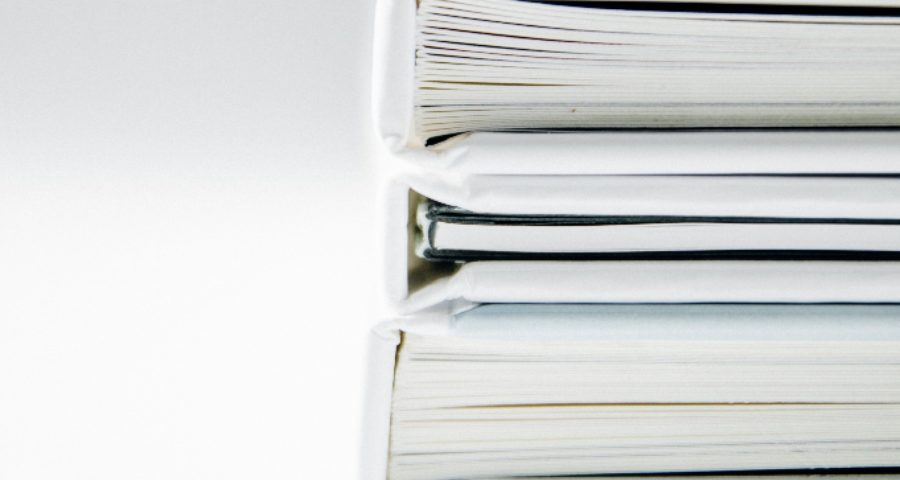How to Gather Relevant Evidence for a Personal Injury Case

Estate Planning Tasks to Complete Before Divorce Proceedings
May 5, 2020
The Basics of Damages Recovered by a Lawsuit
July 7, 2020How to Gather Relevant Evidence for a Personal Injury Case

If you are preparing to bring a personal injury case against a defendant, you should work on collecting every item of evidence that may help to prove your case. You should have all of your evidence ready in advance of commencing legal action, and you must be prepared to provide it to the defendant during a pretrial discovery process in which both parties will request and share evidence.
Financial Information
Documents containing financial information may be important personal injury evidence because they will show a court that you suffered financial damages. Examples of financial information that you should collect include medical bills and pharmacy receipts. You should also collect evidence about any additional financial losses due to your injury such as paystubs from a job that you are no longer able to perform since you were hurt.
Medical Evidence
You should gather all of the substantive medical evidence related to your claim. Request a copy of your medical records, diagnostic imaging, visit notes, physical therapy progress notes, and prescription information.
Photographs
Photos can be particularly compelling personal injury evidence. A court will be very interested in seeing photographs that show dangerous conditions that caused an accident or visual proof of your injuries at the time that you were hurt.
Police Reports
If there is a police report associated with the accident that you were involved in, you should request a copy of it from your local police department. You’re entitled to access a police report relating to any type of incident in which you were involved. A third-party account of the incident provided by a law enforcement officer may be particularly useful in helping a court understand what caused an accident and what transpired immediately afterward.
Testimony
If any people witnessed the accident that caused your injury, their testimony may be important evidence. Instead of making statements in court, witness testimony may come in the form of an affidavit relaying what was observed or in a deposition in which a witness answers questions about the underlying incident. You should talk to anyone who observed the accident and let them know that you may need to contact them for legal purposes.
Your attorney can advise you about what types of evidence will best support your claim. When a defendant learns that a plaintiff has significant evidence supporting a claim, they will probably be more likely to want to settle the matter out of court and avoid going to trial.
